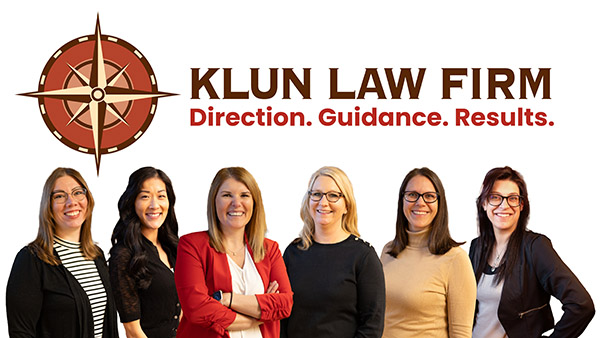Many times cases will be sent to mediation in order to see if the parties can work out a settlement between themselves. Also, family law matters in Minnesota are frequently handled through mediation. Because mediation requires the use of a third party to oversee the negotiations, both parties need to prepare themselves before going to the mediation and get to know the process thoroughly before the mediation begins.
First, the parties should consider what they actually want to gain from the mediation. Both parties should discuss their goals with their attorneys before heading into the mediation. Before hiring a mediator to help resolve a dispute, both parties to mediation should prepare themselves by doing three things. First, they should familiarize themselves with the rules of mediation. Second, the parties should interview several mediators. Third, the parties consider the costs involved in the mediation.
First, both parties need to make sure they understand the rules involved in the mediation. The rules are going to differ depending on the mediator and depending on the area of law. For example, family law mediations require the parties to agree to certain things, including visitation, custody and spousal support and then provide a copy of the agreement to the court. Laying out ground rules before the negotiations begin can help both parties get to a settlement more quickly. Most mediators will adopt rules provided by both parties if reasonable.
Second, both parties need to pick from a list of mediators. One way to find a mediator is word of mouth, such as a recommendation from your attorney or someone else that has had a similar legal issue go through mediation. The parties should interview several people before choosing a mediator, asking about their experience with mediations. Specific skills are also important to consider, such as experience working with family law cases and training. Mediators are required to undergo extensive training and should have many hours of experience working as a mediator. Parties should ask the mediators when interviewing them about settlements, including how often their mediations are settled, how quickly they are settled and what is typically involved in a successful mediation session.
Additionally, the parties should ask mediators about their style. The mediator may want the parties to talk directly one another while others may want a more formal tone and want the parties to speak only through their attorneys. Some mediators will ask the parties to present their cases in a manner similar to a courtroom while others will treat it more as an opportunity to facilitate discussion to guide the parties to an agreement. A mediator may be very actively involved in helping the parties reach a settlement or may take more of a hands-off approach, depending on how communicative the parties are.
Finally, the parties should consider the costs of mediation. Both parties need to understand how the mediator is paid. Some mediators are paid by the hour while others are paid by the day. The more organized the parties are going into the mediation the more likely they are to get through it quickly and come to a settlement agreement. A mediator may also be able to tell the parties the approximate costs of the mediation in comparison to other similar cases.
“ We feel we received the legal help we needed at a reasonable price and in a timely manner. ”
“ Kelly listened carefully to my concerns, provided several solutions, and helped me choose the best for my situation. ”
“ Great Law Heritage. Hometown feel. Honest and forthright. ”
“ Courteous, attention to detail, prompt responses. ”
“ We appreciated your service and for making it all so easy for us to understand. ”
“ Thanks so much for your help with the cabin. Great experience and smooth transaction. Highly recommended. ”
“ You (Kelly) and your staff have always been polite, constantly courteous, attentive, more than polite, attentive, prompt, and very informed. We were very happy we selected the Klun Law Firm. We feel our family will be in caring hands when that time comes that the Klun Law Firm will be needed. ”
“ Klun Law Firm took care of all our estate planning needs including setting up cabin trust that required the expertise they offer. ”
“ As a small town, we are blessed to have such a high-quality law firm with really good people working there. ”
“ Your folks’ kindness, communication, and expertise were invaluable during an extremely difficult time for my family. Thank you! ”
“ Appreciate all the help given to our family to navigate what needed to be done. ”
“ Everyone was so gracious and understanding. Did exactly as needed and provided me with all the information I needed to make the proper decisions. ”
“ Excellent service from start to finish. I highly recommend the Klun Law Firm! ”
“ Thanks, Kelly, for being so flexible! You were very accommodating and did a great job for us! ”
“ Kelly’s prompt and attentive service in preparing our commercial lease gave us peace of mind. ”
“ Klun Law Firm was helpful, efficient and affordable. We were very satisfied! We have recommended their services to our friends and family. ”

